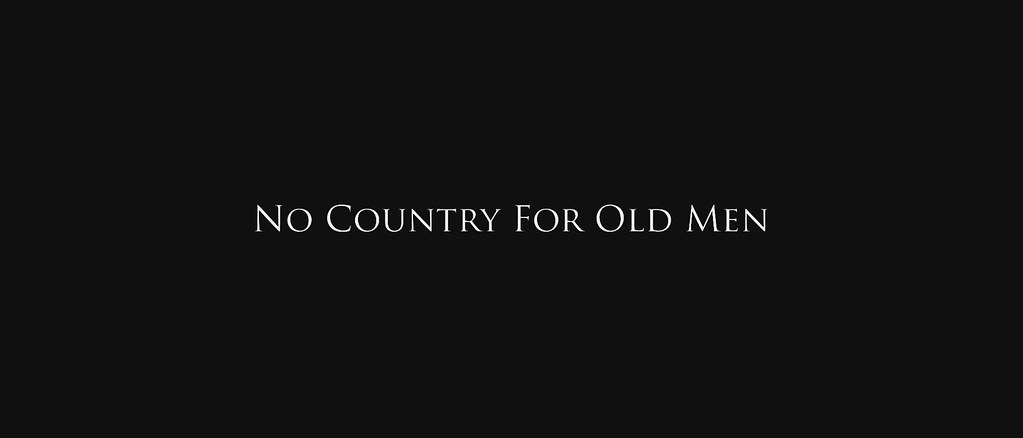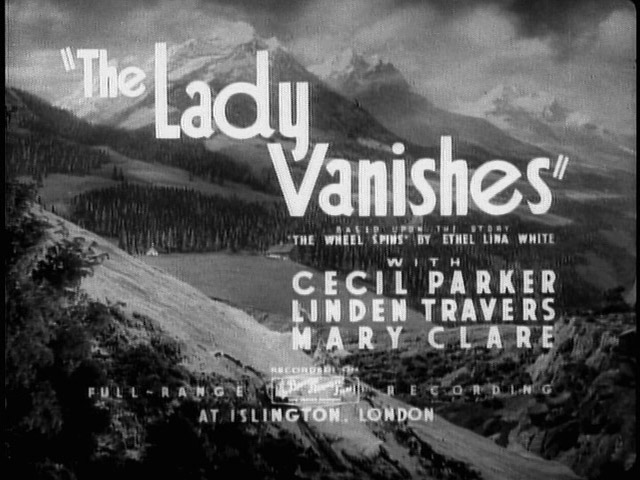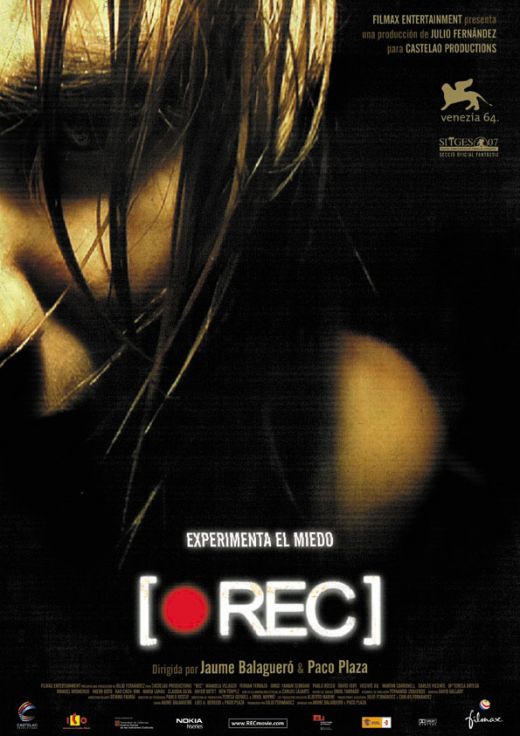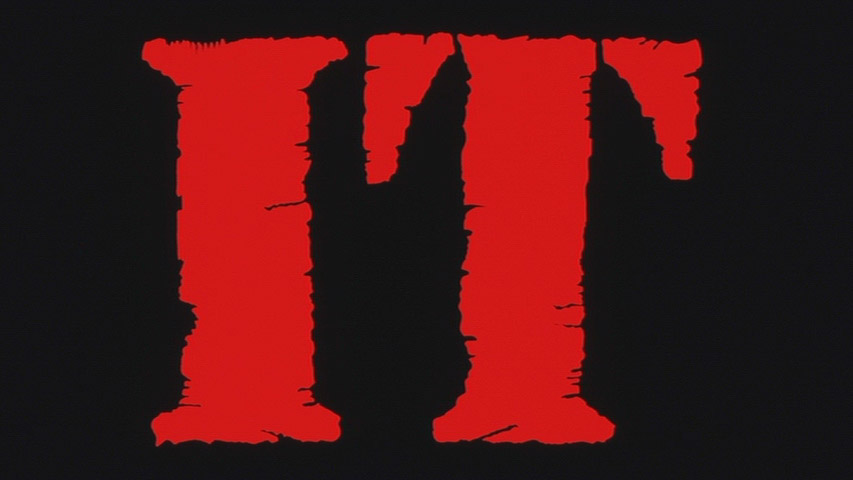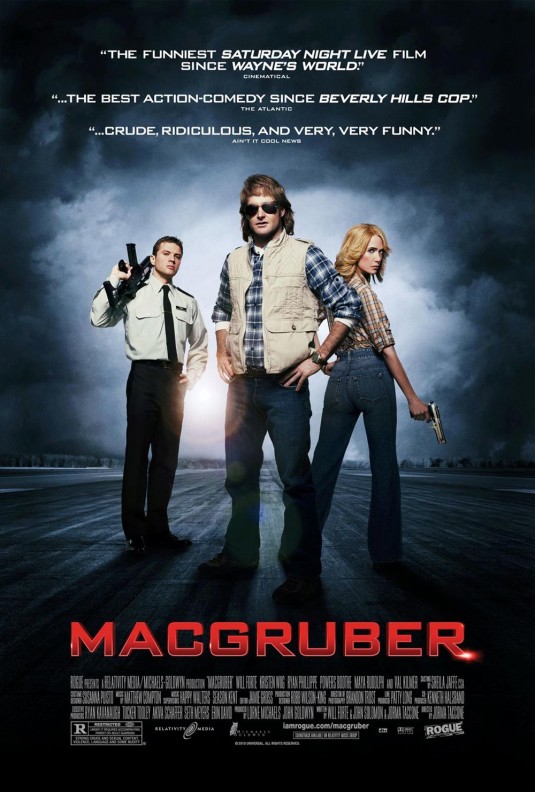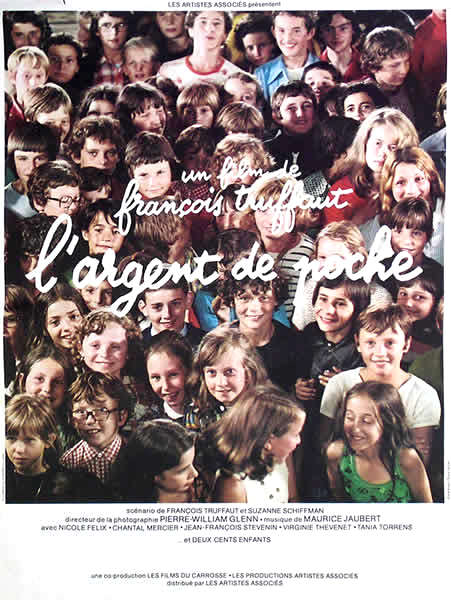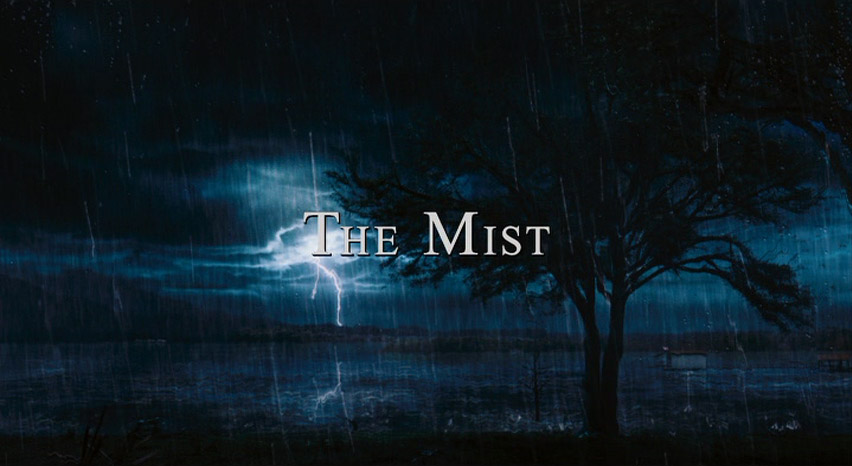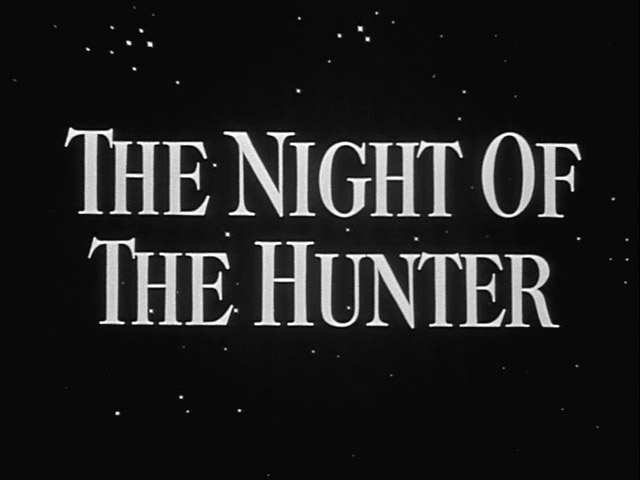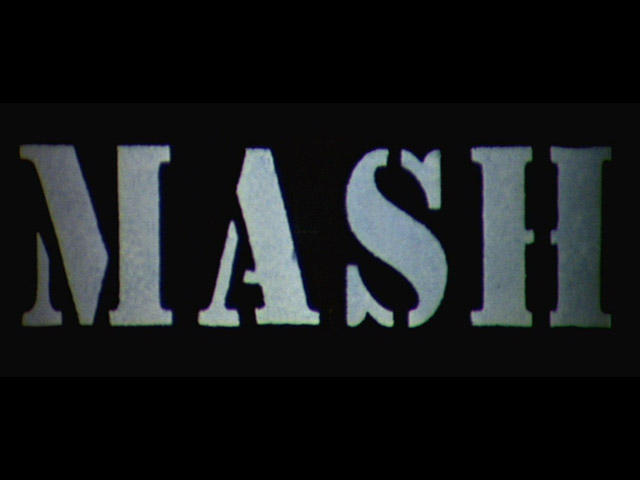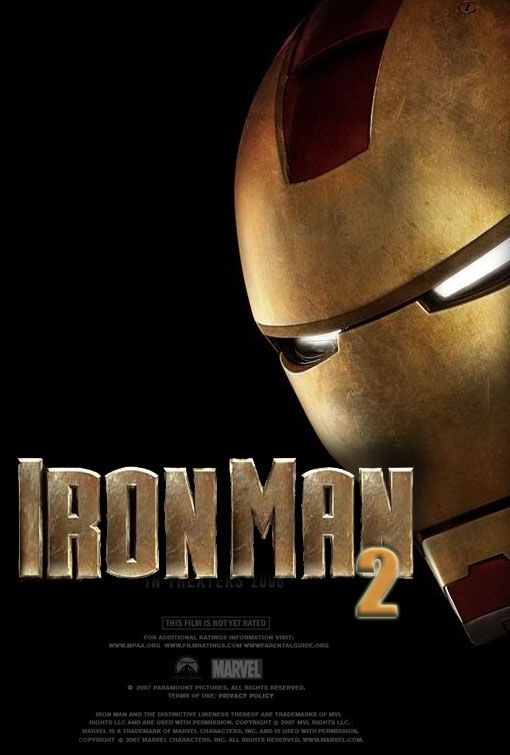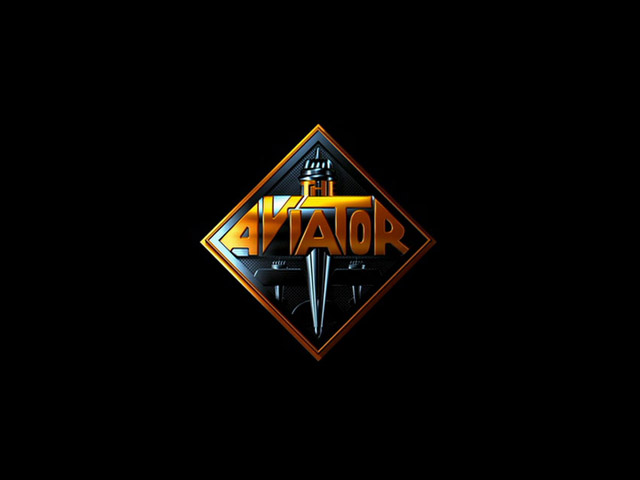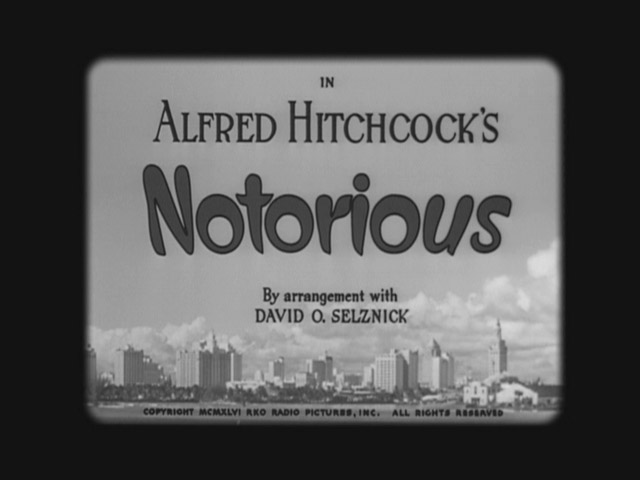
I don't know where to start. The script feels obvious, formulaic and transparent in the worst ways. Every scene feels like an index card of what a scene needs. It even had a
save the cat moment for Robin, a painfully unsubtle "look, our sourpuss killjoy protagonist is a nice guy after all!" moment. Scenes are crowded with characters just so they can be shifted around the board and ready for their next scene later on. Dialogue is rarely so beautifully leaden and expository as it is here. And the pacing! By the end you get that you're not watching a Robin Hood movie so much as an "origin story" for a Robin Hood series or franchise (that, god willing, will never come to be), but it still leaves you with the strange feeling that you just watched a 140 minute act one. Which isn't a good thing, clearly.
The story itself is
exhaustingly predictable. Every single beat feels like it drags on, and as a viewer who is actively trying to lose himself in the story and just enjoy things, it's too easy to be three beats ahead of the narrative. I'm still watching the king give a speech and I'm already seeing both his death and the subsequent crowning of a new king. I'm watching Robin Hood meet Max von Sydow's Walter Loxley, and I'm already anticipating the reveal of his childhood past (though admittedly, I didn't think they'd resort to my singlemost reviled film cliche, the physically-flinching-from-the-intensity-of-a-flashback scene). It hurts to sit there and wait for the film to catch up with you, and by the time it does you're three steps ahead all over again.
But beyond all of this, the thing that stands out is the bizarro-world third act, which (
SPOILER) involves every single character doing a personality 180 for the sake of satisfying a maximum of action movie cliches. Lady Marion becomes
Eowyn. Friar Tuck dons chain mail and becomes another warrior in the "epic battle." Peter Pan and his
Lost Boys Lord of the Flies kids joins the fight. King John grows a pair and becomes a noble leader. William Hurt's William Marshal (and everybody else in all of England) kowtows to some peasant-kid turned archer turned knight-impostor turned
William Wallace, declaring that "France has surrendered...
to him!" Robin himself becomes... I don't know... Gladiator? Lame? Boring? No, I guess there's no change there. Oh, also, we're subjected to shot after shot of whimpering, cowardly French, the bad guys (sort of?) dying pathetically as victims, in the middle of -- well, let's just say it,
The Invasion of Normandy. Oh, right, and then somehow the film becomes this big long really unsubtle Socialist Diatribe. Weird.
So, yeah. Historical detail to weaponry and warfare was okay. Everything else felt straight-up Screenplay Mad Libs. And Russell Crowe is just as uncharismatic and marble-mouthed here as anywhere. I'm sorry, but it is absolutely impossible to believe this filmmaker once made
Blade Runner and
Alien. This film, like all his recent work (even the "good" ones like
Gladiator and
Matchstick Men) has no personality and no vision. It just, blandly and generically,
a movie.
Seen at Lloyd Center, with a couple of film critic friends, and I'm very grateful I have no responsibility to be fair or thorough in my assessment. I just like to drop my impressions in a disjointed ramble, call it done, move on.
